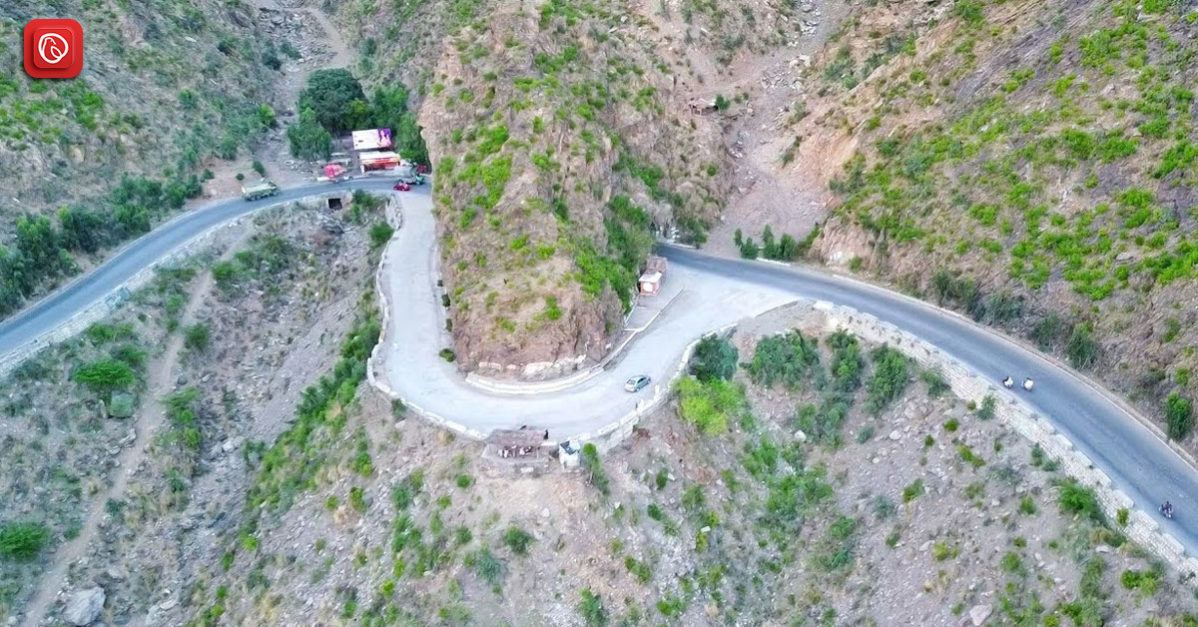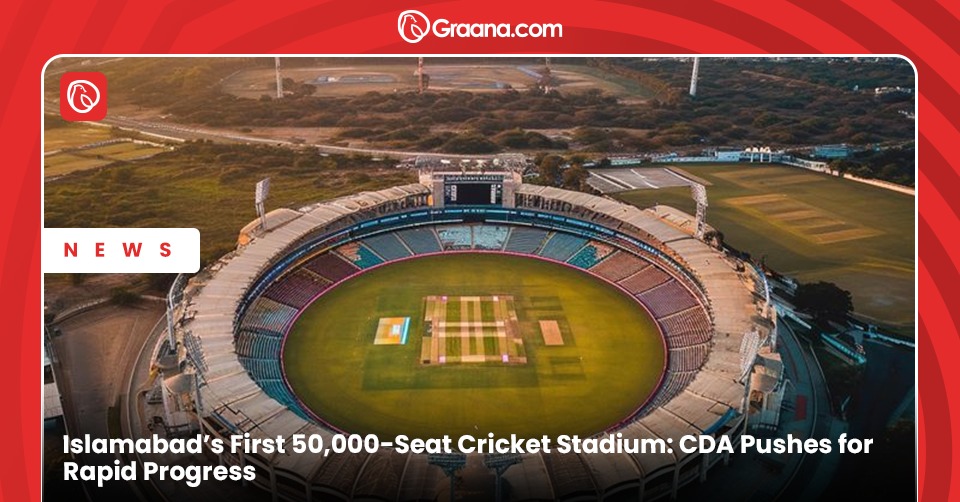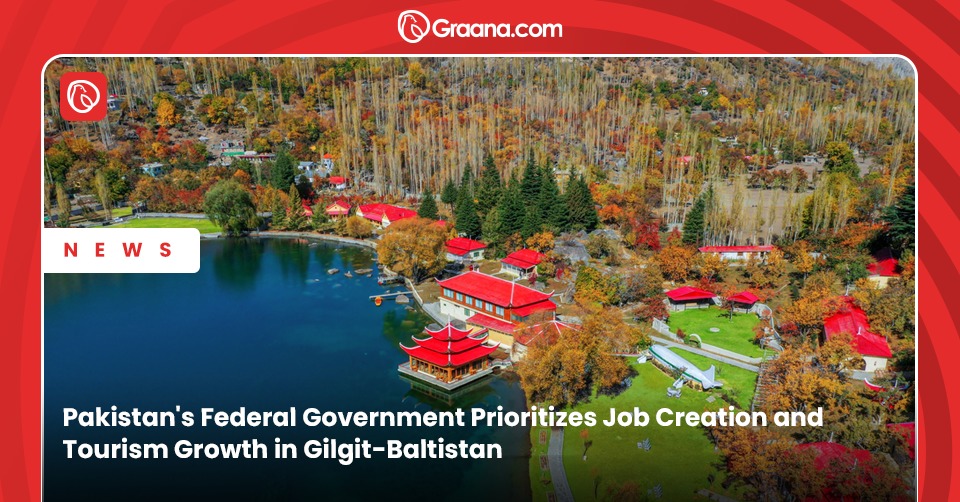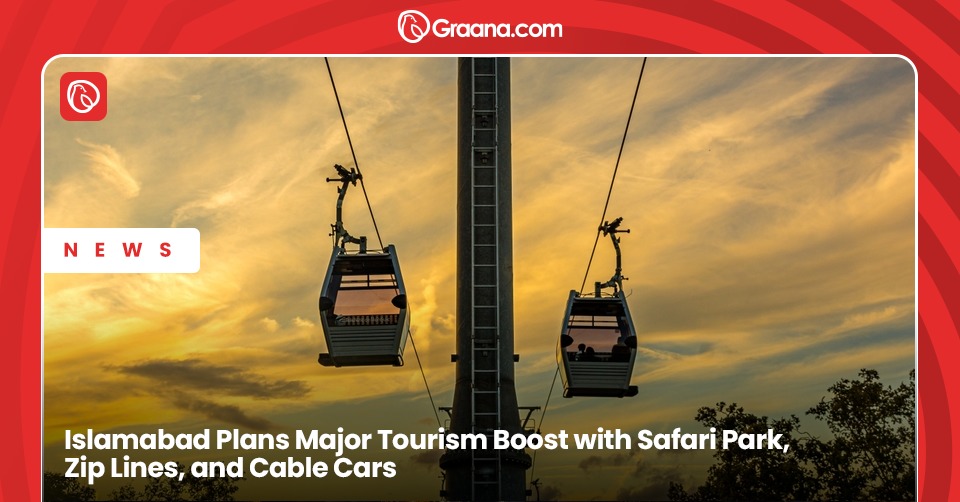Malakand is a city of landscapes in Khyber Pakhtunkhwa (KPK), Pakistan. Malakand, known for its mixed cultural heritage, breathtaking natural beauty, and strategic significance. The city offers a captivating blend of history, tradition, and adventure for travellers seeking a fascinating experience.
Let’s delve into the depths of this enchanting city and uncover its hidden treasures with Graana.com.
Demographics
Let’s have a look at the demographics of this amazing city:
| Demographic Category | Statistics |
| Population | 7,25,000 |
| Ethnicity | Pashtuns, Hindko-speaking people, others |
| Language | Pashto, Hindko, Urdu |
| Religion | Predominantly Islam (Sunni) |
| Literacy Rate | 60% |
| Occupation | Agriculture, trade, government services |
| Education | Schools, colleges, madrassas |
| Healthcare Facilities | Hospitals, clinics, dispensaries |
| Connectivity | Road network, limited public transport |
| Amenities | Markets, mosques, parks, basic utilities |
Location and Geography
Malakand is situated in the Malakand District of KPK, approximately 40 kilometres north of the bustling city of Mardan. It is strategically located at the entrance to the Malakand Pass, a historic mountain pass that connects the plains of Punjab with the mountainous regions of KPK and Swat Valley. Surrounded by verdant hills, fertile plains, and meandering rivers, Malakand boasts a diverse scenic and serene landscape.
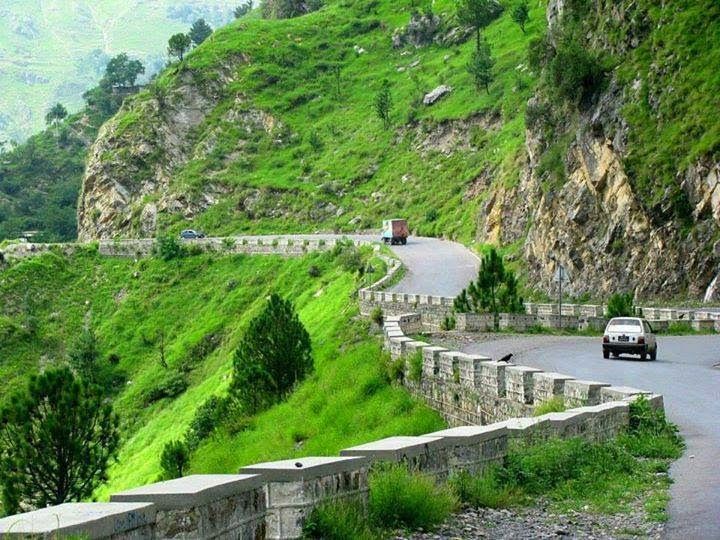
Historical Significance
Malakand has a rich historical legacy dating back centuries. The region has been inhabited since ancient times and has witnessed the rise and fall of various civilizations, including the Gandhara civilization. In more recent history, the city gained prominence during the British colonial era when it served as a strategic military outpost and administrative centre.
The Malakand Fort, built by the British in the late 19th century, stands as a testament to the city’s historical significance and architectural splendour.
Cultural Heritage
Malakand is home to a vibrant mix of cultures, with influences from various ethnic groups, including Pashtuns, Hindko-speaking people, and others. The city’s cultural landscape is adorned with colourful festivals, traditional music, dance, and cuisine, offering visitors a glimpse into the rich tapestry of Pashtun culture and heritage.
From vibrant bazaars to ancient shrines and mosques, Malakand exudes an aura of tradition and hospitality that is sure to leave a lasting impression on visitors.
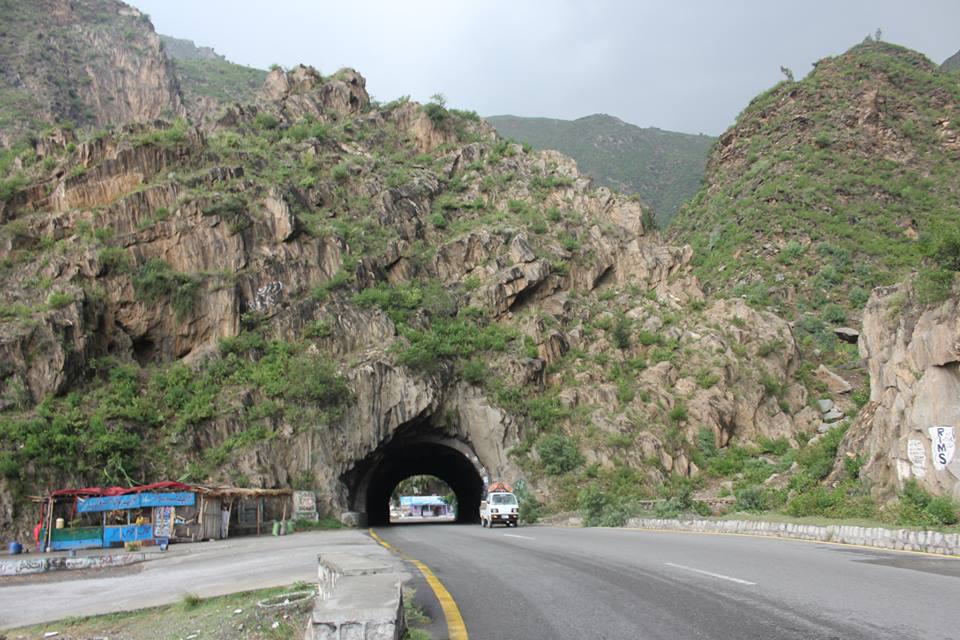
Natural Attractions
One of the highlights of visiting Malakand is exploring its stunning natural attractions. The city serves as a gateway to some of the region’s most scenic destinations, including:
Swat Valley
Just a short drive from Malakand lies the breathtaking Swat Valley, renowned for its lush greenery, meandering rivers, and snow-capped peaks. Visitors can explore picturesque towns such as Mingora, Bahrain, and Kalam, and immerse themselves in the natural beauty of the valley.
Malakand Pass
The historic Malakand Pass offers stunning panoramic views of the surrounding mountains and valleys. Travellers can hike through the rugged terrain, explore ancient ruins, and learn about the pass’s strategic importance throughout history.
Chakdara
Located near Malakand, Chakdara is a charming town known for its scenic beauty and historical landmarks. Visitors can visit the Chakdara Fort, built during the British colonial era, and explore the nearby Swat River for leisurely boat rides and picnics.
Panjkora River
The Panjkora River, flowing through the scenic landscapes of Malakand Division in Khyber Pakhtunkhwa, Pakistan, is a lifeline of the region, shaping its geography, culture, and way of life. Originating from the Hindu Kush mountains, the Panjkora River meanders through the picturesque valleys and plains of Malakand, providing sustenance to the surrounding agricultural lands and serving as a source of water for local communities.
How to Reach Malakand?
To reach the city, travellers can utilise different modes of transportation:
By Road
Malakand is accessible by road from various cities and towns in Khyber Pakhtunkhwa and neighbouring regions. Travellers can drive or hire a taxi from cities like Peshawar, Islamabad, or Mardan, taking the route towards Malakand via the Grand Trunk Road or other connecting highways.
By Air and Road
For travellers coming from distant cities, the nearest airport is Peshawar Airport. From there, they can either take a connecting flight or travel by road to reach the city.
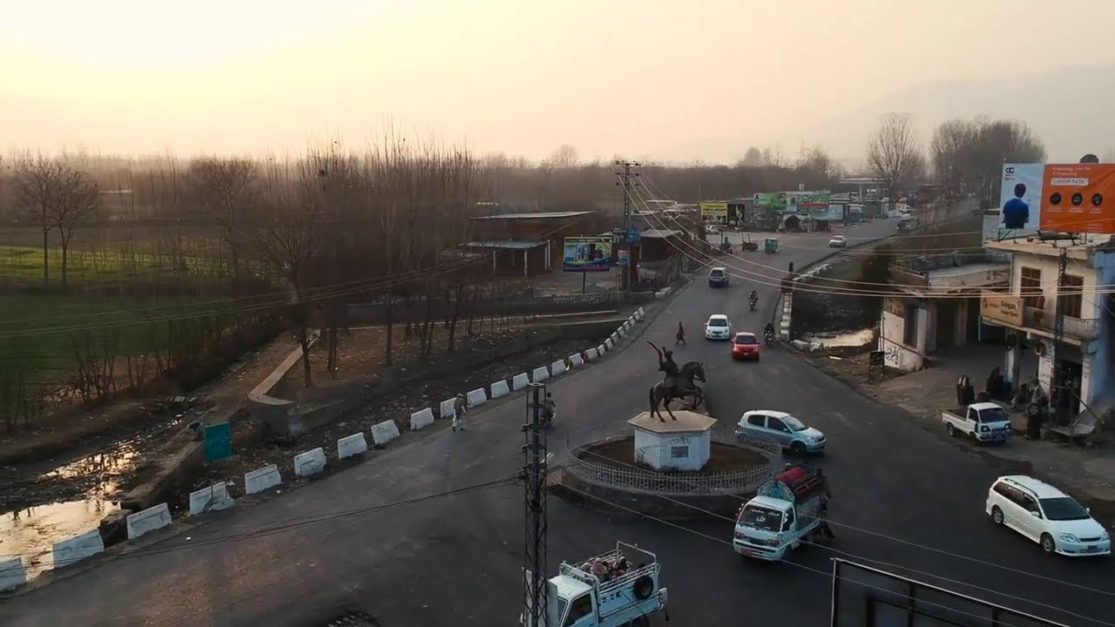
Hotels in Malakand
In Malakand, visitors can find a variety of hotels and accommodation options to suit their preferences and budget. While the city may not boast a large number of luxury hotels, there are several comfortable and affordable options available for travellers. Many of these hotels offer basic amenities and warm hospitality, ensuring a pleasant stay for guests.
Some of the popular hotels include:
Malakand Hotel
Located in the heart of the city, Malakand Hotel offers comfortable rooms, friendly service, and convenient access to nearby attractions. Guests can enjoy amenities such as free Wi-Fi, on-site dining options, and 24-hour room service.
Green Valley Hotel
Located amidst scenic surroundings, Green Valley Hotel provides a tranquil retreat for travellers seeking peace and relaxation. The hotel features well-appointed rooms, a garden area, and a restaurant serving delicious local cuisine.
Al-Qadir Hotel
Situated close to the main market area, Al-Qadir Hotel is a budget-friendly option for visitors to Malakand. The hotel offers clean and spacious rooms, attentive staff, and easy access to transportation facilities.
Shalimar Hotel
With its convenient location and affordable rates, Shalimar Hotel is a popular choice among budget travellers. The hotel provides comfortable accommodation, complimentary breakfast, and personalised service to ensure a comfortable stay.
New Malakand Hotel
This newly constructed hotel offers modern amenities and stylish accommodation options for guests. With its central location, New Malakand Hotel is ideal for both business and leisure travellers looking to explore the city.
In addition to these hotels, visitors to Malakand can also find guesthouses, lodges, and homestays offering a more personalised and authentic experience.
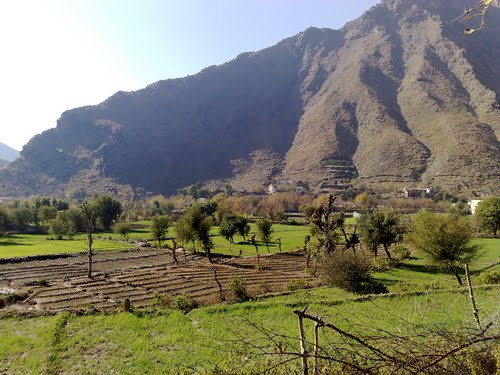
Conclusion
In conclusion, Malakand offers a unique blend of history, culture, and natural beauty that is sure to captivate the hearts of travellers. Whether you’re exploring the city’s historic landmarks, immersing yourself in Pashtun culture, or embarking on outdoor adventures in the surrounding mountains, the city promises an unforgettable journey filled with discovery and wonder.
Frequently Asked Questions (FAQs)
Some of the most asked questions about the city are listed below.
What is Malakand famous for?
The city is renowned for its rich historical significance, breathtaking natural beauty, and vibrant cultural heritage. The region is home to ancient landmarks, scenic landscapes, and diverse communities, making it a popular destination for travellers seeking an immersive experience.
How do I reach Malakand?
It is accessible by road from major cities and towns in Khyber Pakhtunkhwa and neighbouring regions. Travellers can also opt for bus services or private taxis from nearby cities like Peshawar, Islamabad, and Mardan.
What are the main attractions in Malakand?
Some of the main attractions include the Malakand Fort, Panjkora River, Swat Valley, and historical landmarks such as Butkara Stupa and Takht-i-Bahi. Visitors can also explore scenic destinations like Malam Jabba, Marghazar, and Miandam.
What outdoor activities can I enjoy in Malakand?
The city offers a range of outdoor activities for adventure enthusiasts, including hiking, trekking, camping, white-water rafting, and paragliding. The region’s scenic landscapes and rugged terrain provide ample opportunities for exploration and adventure.
Is Malakand safe for tourists?
Yes, it is generally considered safe for tourists, but it’s always advisable to exercise caution and follow local guidelines. It’s recommended to respect local customs and traditions, avoid travelling alone at night, and stay informed about any potential security risks in the region.
If you want to know more about Mingora, visit the Graana blog.
